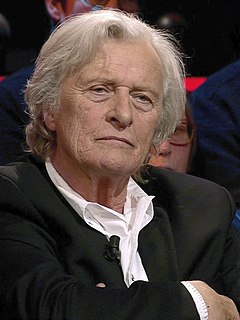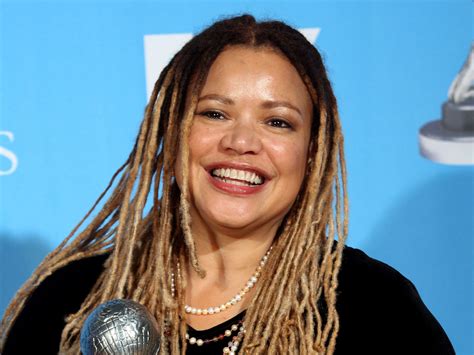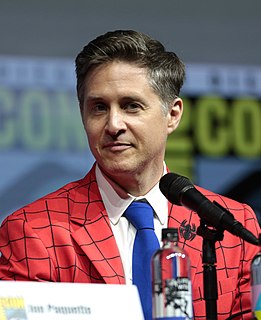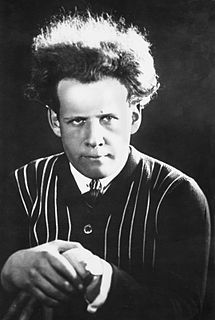A Quote by Ann Hui
In Hong Kong, in our generation that started out in the 1970s, being a director wasn't a big deal. We didn't even have director's chairs. We weren't particularly well paid. The social standing of a film director wasn't that high. It was a sort of a plebeian job, a second or third grade one. And the studio heads are always practical, there's never any fawning because someone is a director. There's very little snobbery about one's position as a director. The only ones people treated differently were those that were also stars; or the directors who also owned their companies.
Quote Topics
About
Also
Always
Any
Because
Being
Big
Big Deal
Chairs
Companies
Deal
Differently
Director
Directors
Even
Film
Generation
Grade
Heads
High
Hong Kong
Job
Kong
Little
Never
Only
Our
Our Generation
Out
Owned
Paid
Particularly
People
Position
Practical
Second
Snobbery
Social
Someone
Sort
Standing
Stars
Started
Studio
Third
Third Grade
Those
Treated
Very
Well
Were
Related Quotes
To be a great director, what does it mean exactly? It's not only about a great director, but also about being able to rely on the very special chemistry that goes between them. It not only has to be a great director, but the great director has to make his relationship to you, the actor, very special.
I think one third of my work is with first-time directors because I think I should, you know? Really, the difference between a first-time director and a second- or third-time director - I mean there's no director who makes enough movies anyway - but if they're talented, they have it. And there is no movie that is perfect.
With a director it's all about the work; I'd work with a great director over - you know, I'm not the kind of actor who that doesn't go, 'I want to play this role.' It's more like, 'I want to work with this director,' regardless of what the role is because if it's a good director, you'll probably find a good role because it's a decent film. But a mediocre director will always make a mediocre movie.
We were doing Scarface many years ago...and I remember having my coffee and looking at the beach, the surf, and I saw a hundred people looking out into the ocean. I thought, what's going on? Did some whale get washed up to shore? So I stood up on the table to see what it was, and it was the director, Brian De Palma, standing there alone by the surf and they were all waiting for him. And I never forgot that because it represented to me what a director is, what a director does.
Film’s thought of as a director’s medium because the director creates the end product that appears on the screen. It’s that stupid auteur theory again, that the director is the author of the film. But what does the director shoot-the telephone book? Writers became much more important when sound came in, but they’ve had to put up a valiant fight to get the credit they deserve.
The biggest challenges are always getting into the rooms that you need to get into and having people open to the types of stories that I want to tell. And I feel that just being a female director and doing that is a big deal in this country. On my third movie I worked with a French DP. I asked him has he ever worked with a woman director before? He said in France a third of directors are women; so you can’t avoid them. So I realized that the US is behind.
To go into more specifics regarding actors, whether they're from Korea or the U.S., all actors know if they are loved by the director. When they feel that love from the director, they respond by giving a great performance on camera. Also, everyone on set - the crew, the actors - they were aware of the film's message and its broad theme, so these big issues were never discussed on set.
A strong film director does leave you to your devices. A strong director allows you to be free and you trust that he's there and he will tell you if you've gone too far. A strong director allows you to be much more experimental and take greater chances than a director who isn't secure within himself.
I've had friends who have come away who've said, "I shouldn't have become such close friends with the director." You always want to get on with the director, but I personally prefer a relationship where you respect them - you get on really well with them, but they're boss, as it were. It's about trusting your director, for better or for worse. They're the one's seeing what's coming out on the monitors, so you have to try and trust what they say.




































